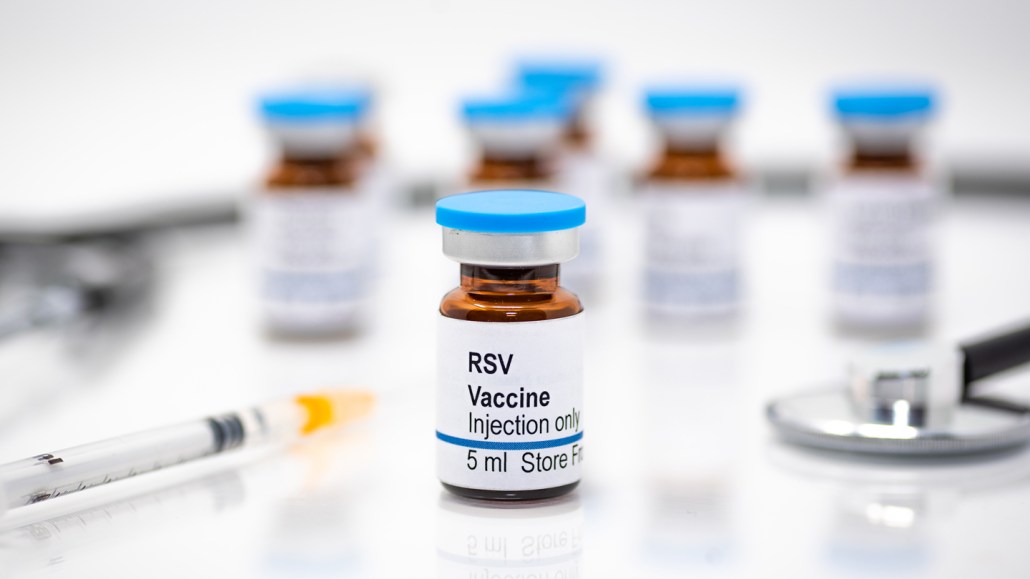The FDA has approved the first-ever vaccine for RSV
The shot, for those 60 and over, can protect against severe respiratory illness

For the first time, a vaccine against respiratory syncytial virus has been approved.
Manjurul/iStock/Getty Images Plus







